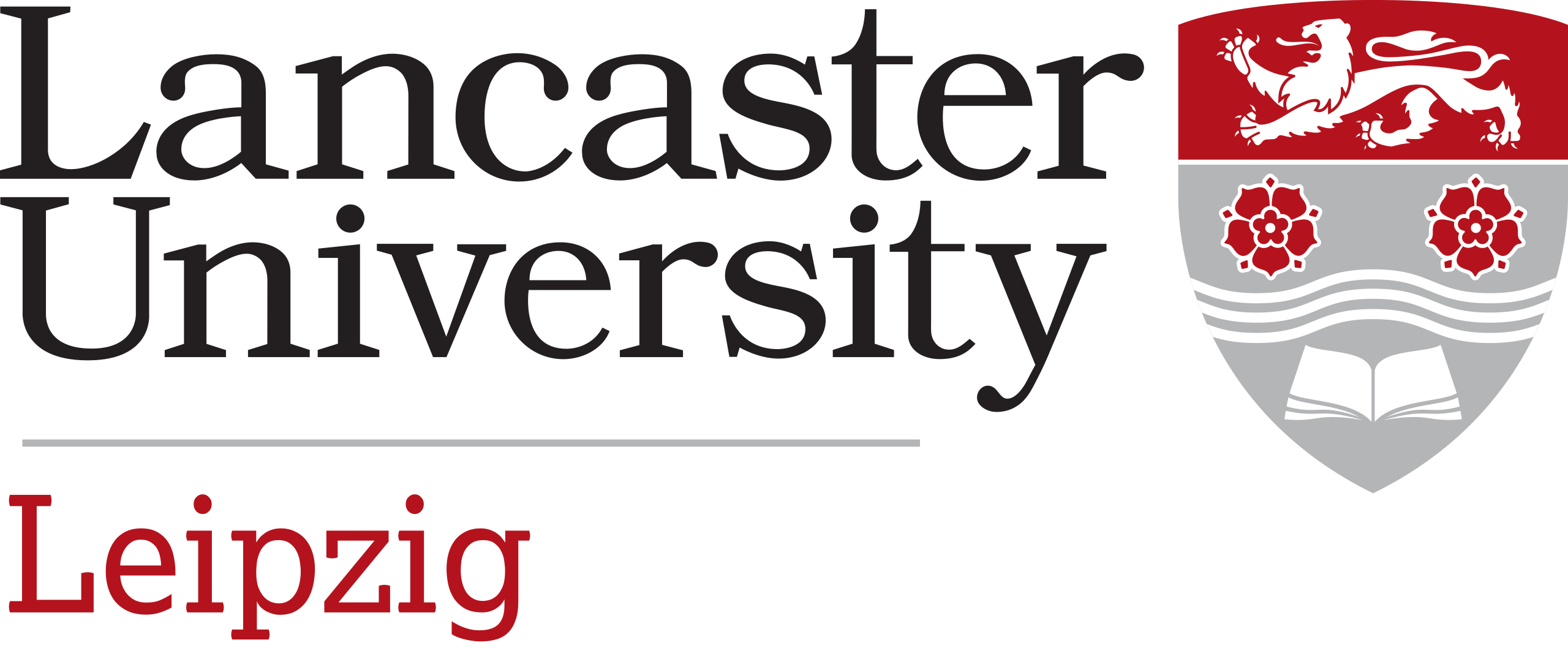About Germany
Germany is a leading destination for students seeking high-quality education, especially in fields like engineering, technology, business, and science. With a long tradition of excellence in research and innovation, Germany offers a world-class educational experience. Many of the country’s top universities provide low or even no tuition fees, making it an affordable option for international students. Additionally, Germany is home to renowned brands such as BMW, Mercedes, Audi, and Siemens, offering ample opportunities for career growth in diverse industries. The country’s education system is known for its rigorous academic standards and its focus on practical, hands-on learning, particularly at universities of applied sciences and technical universities. Students can apply for admissions in two main intakes: September - October and March - April, allowing flexibility in planning their academic journey.
Students choosing Germany for higher education also benefit from a post-study visa that allows them to stay for up to 18 months after graduation to find work. The country is a melting pot of cultures, offering not just exceptional academics but also a rich cultural experience. With a student visa allowing up to four years of stay, international students can explore a variety of career prospects in Germany’s thriving job market. Beyond education, the country offers a high standard of living, safe environments, and affordable living costs. Learning German can further open doors to professional opportunities, adding significant value to a degree earned in this cosmopolitan and tolerant nation.
Why Germany
- World-Class Education:Germany is renowned for its high-quality education system, emphasizing academic freedom, practical relevance, and strong research infrastructure. The country boasts nearly 400 higher education institutions, including approximately 120 universities, 189 universities of public administrative sciences, and 50 art colleges, offering a diverse range of programs.
- Work While Studying:International students in Germany can work 20 hours per week during the semester and up to 40 hours per week during breaks. They can work part-time for up to 240 days or full-time for 120 days a year in roles like research assistants, internships, or jobs in cafés and retail. This helps support living expenses and gain practical experience.
- Post-Graduation Work Permit:After completing their studies, international graduates can apply for an 18-month post-study work visa to seek employment related to their field. This period provides ample time to secure a job and transition to a longer-term residence permit.
- High Quality of Life: Germany offers a high standard of living, characterized by safety, excellent healthcare, and a rich cultural heritage. The cost of living is relatively affordable, with various accommodation options to suit different budgets.
- Scholarships & Financial Aid:Several scholarship providers, such as the German Academic Exchange Service (DAAD), offer financial support to international students. These scholarships can help cover tuition fees, living expenses, and other costs associated with studying abroad.
- Career Opportunities & Strong Job Market:Germany's economy is stable, with a low unemployment rate of around 6%, highlighting a solid and stable job market. The country is home to numerous multinational corporations, especially in sectors like engineering, technology, and finance, providing ample career opportunities for graduates.
- Post-Study Work & Networking: The 18-month post-study work visa allows graduates to gain professional experience in Germany, enhancing their resumes and expanding their professional networks. This experience can be valuable for future career prospects, both within Germany and internationally.
Popular Courses in the Germany

Business Administration

Computer Science & IT

Environmental Science

Media and Communication

Architecture
Germany Admission Requirements:
- Academics: 10, 12, and Bachelor's (Minimum 55% in the relevant degree), year-wise, provisional, and consolidated mark sheets
- Proof of Language Proficiency:Show proficiency in German (e.g., TestDaF, DSH) or English (e.g., IELTS 6.0/6.5, TOEFL Speaking 20+).
- CV/Resume: Updated CV with no gaps, including internships or work experience.
- Recommendation Letters: Three LORs (two from professors, one from employer if applicable)
- SOP (Statement of Purpose):Describe how the program aligns with your career goals and previous qualifications/work experience
- Photographs:Attach passport-sized photographs as per university requirements.
- Proof of Financial Resources:Show proof of financial resources as per requirements.
- Additional Documents:Submit portfolios (for art programs) or work experience letters (for business programs) if required.
- Passport
Education Costs for Studying in Germany
| Education Costs | |
|---|---|
| Public universities: | Tuition fees range from no fees to 500-1000 euros per semester. |
| Private universities: | Tuition fees range from 5000 - 7000 euros per semester. |
| Living Expenses | |
|---|---|
| Accommodation: | Euros 300 per month (Sharing) |
| Groceries: | Euros 150 per month (Sharing) |
| Transportation: | Euros 50 per month(Public Transport) |
| Miscellaneous Expenses: | Euros 200 per month |
*Fees are for informational purposes and may vary by university. Accommodation and miscellaneous costs differ based on student preferences and cities of residence*
Top universities
Have a question? Check out the FAQ
Do I need to speak German to study in Germany?
While many programs are offered in English, especially at the master’s level, proficiency in German is beneficial for daily life and certain undergraduate programs.
Can I work while studying in Germany?
Yes, international students in Germany can work part-time, with regulations allowing up to 120 full days or 240 half days of work per year.
How to get a PR in Germany after studying?
Work in Germany for at least 33 months with an EU Blue Card or 5 years on a work visa to get permanent residency. For EU Blue Card holders with B1-level German proficiency, the waiting period is reduced to 21 months. Continuous employment, social contributions, and no criminal records are essential. Apply for PR at the immigration office with the required documents, such as proof of employment and residence details.
How much of the study gap is acceptable in Germany?
Germany generally accepts study gaps of up to 5 years for bachelor’s programs and 8 years for master’s programs. You can justify the gap with valid reasons like work experience, internships, or personal circumstances. Supporting documents, such as work certificates or medical records, strengthen your case.












